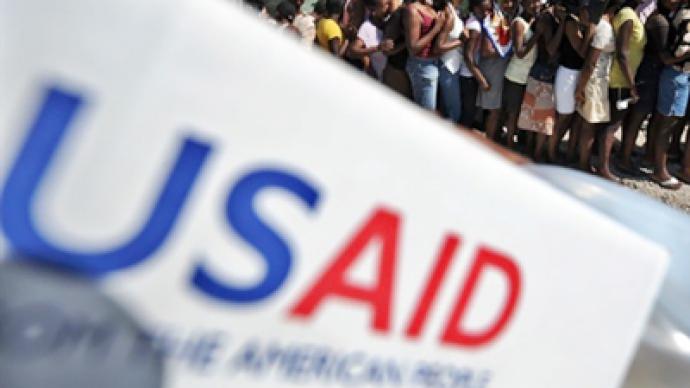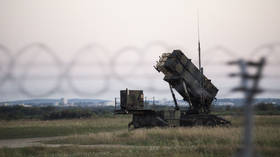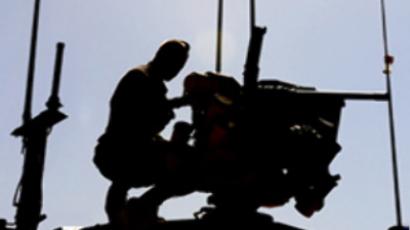US contractors destabilize foreign governments

The trial of a US government contractor detained for over a year and accused of working to undermine the Cuban government continues, as questions over US government contractor oversight continues to grow.
The US Agency for International Development (USAID) receives more than $ 40M a year to expend on programs abroad, much of which is spent hiring contractors. One a contractor is hired oversight and government control on how or what that tax payer money is spending on fades away.Often, these contractors even hire subcontractors that may be highly inexperienced. Which is what some allege may be the case with Alan Gross who is on trial in Cuba. Gross, who was working for the contractor Development Alternatives Inc., is facing a possible 20-year prison sentence in Cuba for "acts against the integrity and independence" of Cuba. He was apparently distributing satellite phones and other communications equipment which Cuba alleged was aimed at undermining the government. Gross contends he has done nothing wrong and his actions were humanitarian and he should be released on humanitarian grounds. Luis Rumbaut, the director of communications for the Cuban American Alliance Education Fund said the government uses these contractors and subcontractors to provide a gap in responsibility. It allows the government to displace blame and contract out foreign policy. “There are more hired contractors in Iraq and Afghanistan than there are soldiers,” he said, explaining US government dependence on contract workers. “Even the work of intelligence is being privatized, and the work of operations, not just intelligence is being privatized.”This policy allows the government to play ignorant when things go wrong, Rumbaut said. The US State Department does have responsibility and oversight over its contractors, but often distances themselves and refers inquiries to the contracted organization. In addition, it is hard to track who is an as not a contractor and where the paper trail leads.













